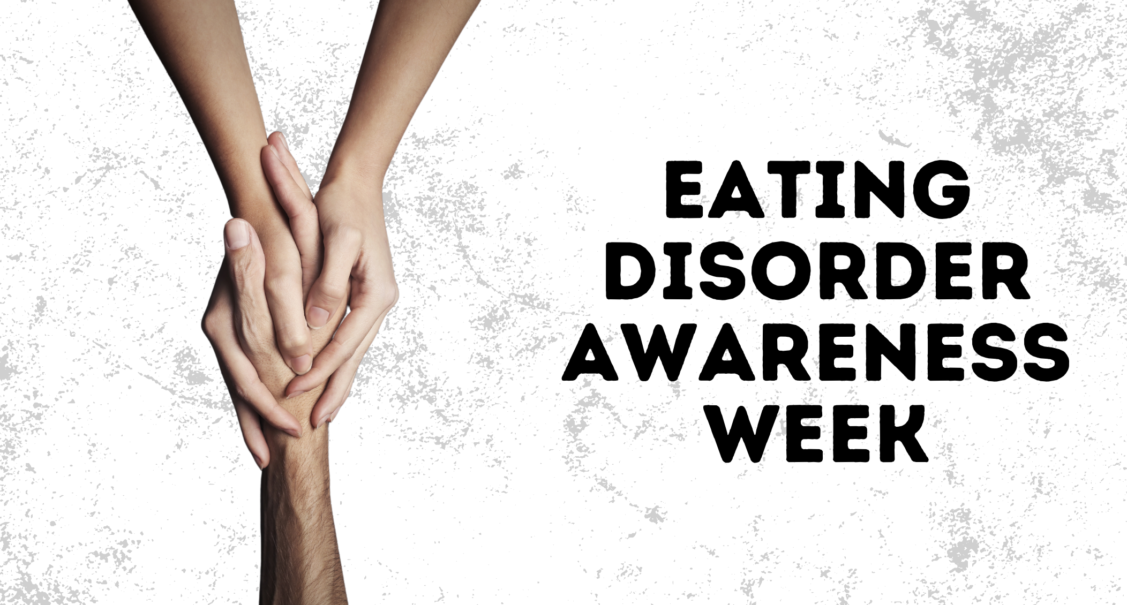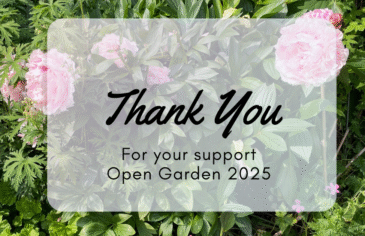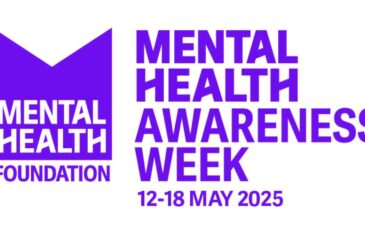Eating Disorder Awareness Week 2022
Today begins Eating Disorder Awareness Week. Eating disorders are devastating mental illnesses affecting 1 in 50 people in the UK (Beat). This week aims to create awareness around eating disorders, and though we’ll shout about it this week, we must remember that eating disorders are something that many young people face every day of the year. At Red Balloon, we provide the mental health support our young people need to regain autonomy in their lives, enjoy their passions and find fulfilment.
About eating disorders
There are many types of eating disorders. They can range from restrictive food intake, excessive exercise, binge eating, countering eating with purging, or a combination of these behaviours. Although the behaviours centre around food, it is important to recognise that the core of the problem is not really about food. Eating disorders can stem from a lack of control in one’s life, stress, bereavement, cultural and/or societal pressures, and they are used as a coping mechanism.
People who suffer from eating disorders can’t help being ill, and should always be approached with compassion and empathy.
At Red Balloon, we understand the importance of supporting our young people who suffer from these serious mental conditions. We provide mentoring and counselling support for students to regain a sense of autonomy, build their resilience and self-confidence, and work through the issues that are important to them.
“My advice to other young people struggling with an eating disorder is to be brave and to ask for help…”- Red Balloon Student
How to be supportive
There are several ways to support someone with an eating disorder and show that you are someone they can trust with this deeply personal part of their lives. It can be difficult to ask for help, and if they’ve taken the first step by confiding in you, it is essential to remain non-judgemental and offer your support as a friend, family member, or other trusted individual.
- Just be there. Whatever your relationship, it is important to be a reliable and trustworthy person in their life. Just being there wherever and whenever they need it can make a big difference to their recovery. Make sure they know they are worthy of support.
- Support them during mealtimes, if you can. This may look different depending on their specific condition. You might consider cooking or going food shopping together, eating balanced meals together, or simply inviting them out to eat at a restaurant they like. For some, it might mean not even broaching the subject of food. Every situation is different, and it is important to tailor your support to the specific needs of your friend/family member.
- Avoid discussions or comments about weight and physical appearance since this could cause intrusive thoughts and be triggering.
Make sure they know they are welcome. In some cases, eating disorders can cause people to become socially withdrawn. Keep offering for them to join in social activities so that they know they are always safe and welcome! - Encourage them to seek professional support. While being a trustworthy and compassionate friend, family member or mentor, it is important to remember that you cannot offer professional clinical advice.
Eating disorders should be taken seriously and it should be recognized that this is a mental health problem, not a choice. It can be scary to watch someone you love struggle, but listening and offering your support will be far more effective and compassionate than trying to force change.
Find out more
To find out more about eating disorders and eating disorder awareness week, visit Beat. Beat is the UK’s eating disorder charity, existing to end the pain and suffering caused by eating disorders. They are a champion, guide and friend to anyone affected, giving individuals experiencing an eating disorder and their loved ones a place where they feel listened to, supported and empowered.




